Oct, 19, V7N-The killing of Hamas leader Yahya Sinwar is seen as a significant military success for Israel in its ongoing conflict in Gaza. However, Israeli leaders are not only focused on immediate military victories but are also aiming to reshape the geopolitical landscape to secure their borders from future attacks. Israel's strategy includes intensifying military campaigns against both Hamas in Gaza and Hezbollah in Lebanon, while also working to establish buffer zones, particularly along the northern border with Lebanon and possibly in Gaza.
Israel is racing to achieve these objectives before the U.S. presidential election in January 2025, as its leadership sees this moment as an opportunity to create lasting changes that could be harder to reverse under a future administration. President Biden's administration, while supportive of Israel, is expected to pressure Prime Minister Netanyahu to de-escalate the war in Gaza, but Netanyahu may choose to wait out the end of Biden's term, hoping for a more favorable relationship with the next U.S. president, possibly Donald Trump.
Israel’s broader ambitions also extend to weakening Iran’s influence in the region, particularly through Hezbollah in Lebanon and Hamas in Gaza, both of which are backed by Tehran. Israeli forces have made significant gains, killing key leaders of both groups, destroying infrastructure, and targeting Hezbollah positions near its northern border. In Lebanon, Israel is aiming to push Hezbollah back behind the Litani River and disarm the group, enforcing a long-ignored U.N. resolution.
At the same time, Israel is planning a strategic response to Iran’s recent missile attack on its territory, escalating the already tense situation in the region. Diplomats and military experts suggest that Israel’s current strategy is not just about responding to immediate threats but about fundamentally reshaping its security environment to minimize future risks.
END/WD/RH/



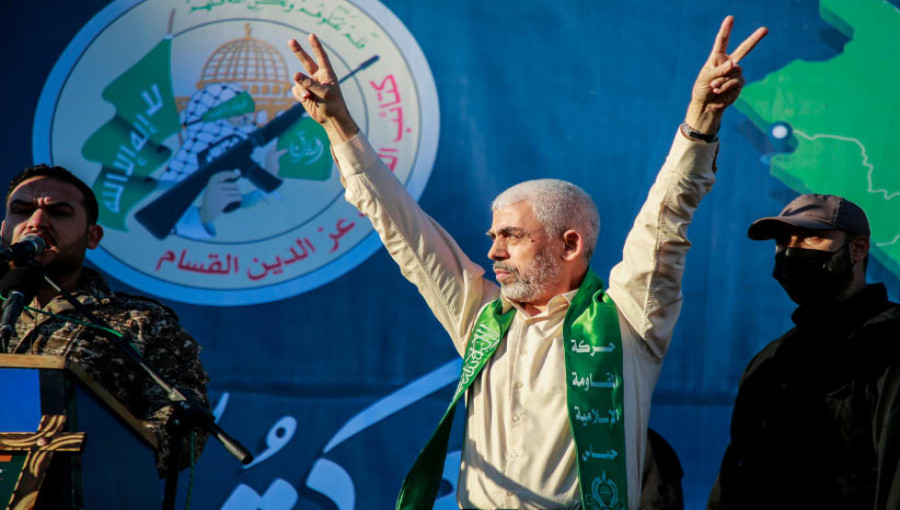


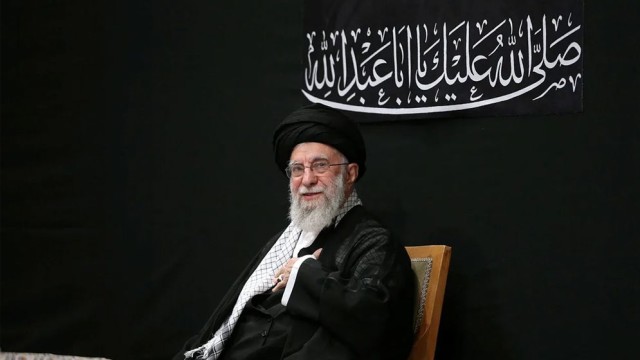
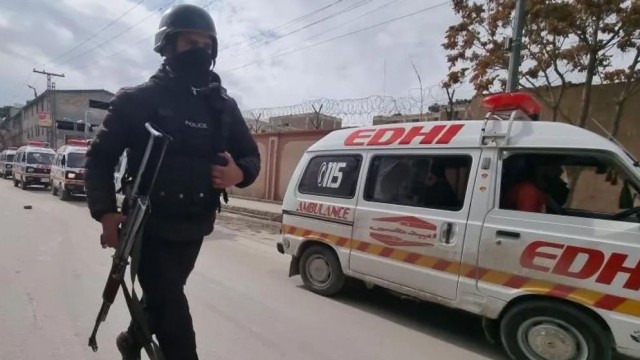









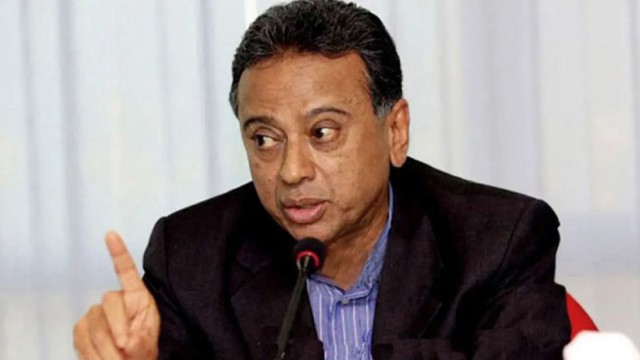

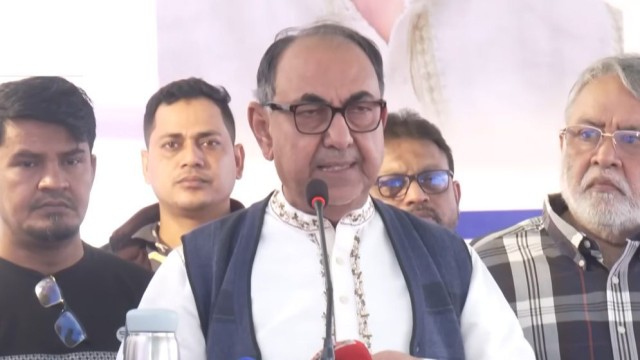








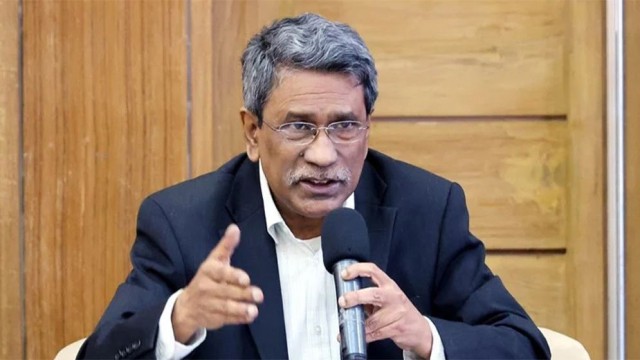
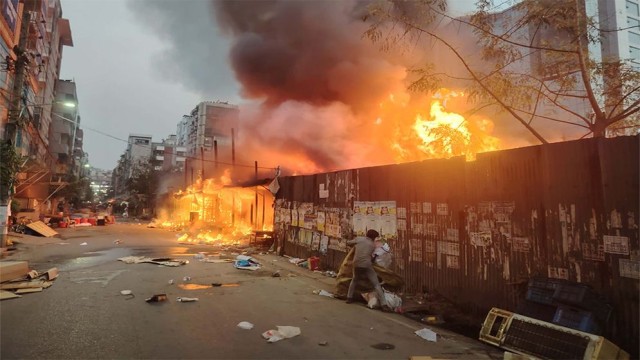

Comment: